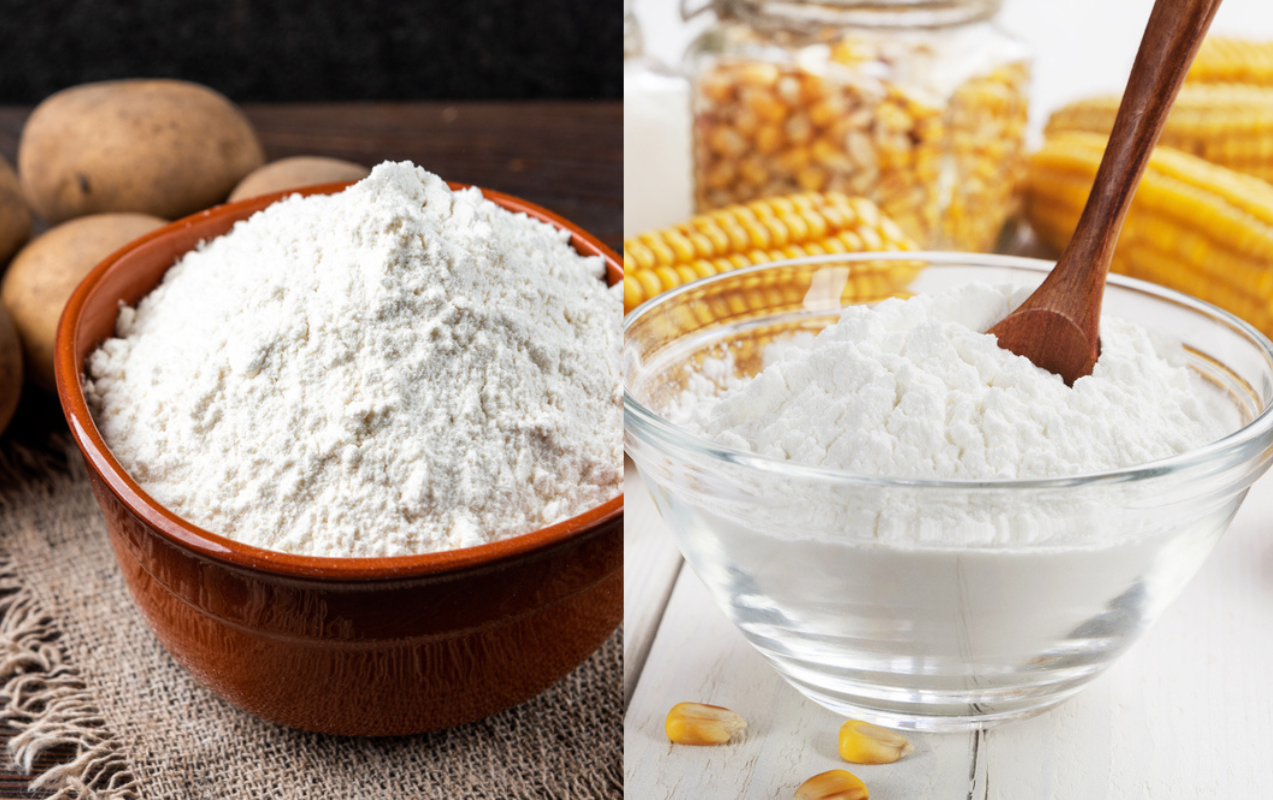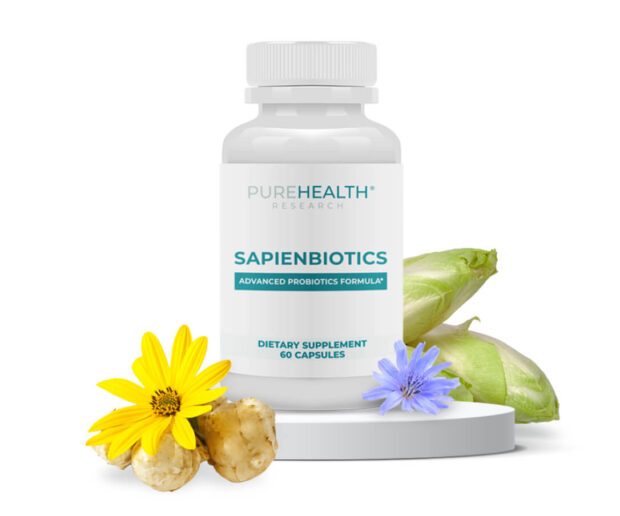A vital yet often overlooked aspect of achieving optimal digestive health lies in the intricate world of digestive enzymes. Amylase, Protease, and Lipase play silent yet powerful roles in breaking down food compounds, enabling efficient nutrient absorption and mitigating bloating.
This article deciphers the coded world of these enzymes, unveiling their significance, and exploring avenues to enhance their presence and activity, seamlessly integrating into the holistic approach to digestive wellness.

Amylase – The Starch Decoder
Amylase stands tall as a vital digestive enzyme, primarily tasked with the breakdown of complex carbohydrates into simpler, absorbable sugars.
Its activity commences in the mouth and extends into the small intestine, converting starches into energy-rich molecules. When Amylase functions optimally, the efficiency of carbohydrate digestion surges, reducing the likelihood of bloating and associated discomfort.
Naturally present in saliva and pancreatic secretions, Amylase’s effectiveness is palpable, yet it can be augmented through dietary and supplementary means.
Protease – Protein’s Craftsperson
Protease enters the digestive narrative as the master manipulator of proteins. It methodically breaks down complex protein structures into amino acids, the foundational building blocks instrumental for numerous bodily functions.
Protease’s efficiency in protein digestion directly correlates with reduced bloating, as improperly digested proteins can ferment in the gut, leading to gas and discomfort. The enzyme’s natural presence in the stomach and pancreas is complemented by its occurrence in various foods and quality supplements.
Lipase – The Fat Assimilator
Lipase, entrusted with the breakdown of fats into fatty acids and glycerol, occupies a pivotal role in the digestive process. It ensures that fats are efficiently processed, absorbed, and utilized for energy and other bodily functions.
An adequate Lipase level is synonymous with streamlined fat digestion, mitigating the risks of bloating and facilitating the absorption of fat-soluble vitamins.
It’s a silent yet potent force, operational within the stomach and small intestine, and can be elevated through specific dietary choices and supplements.
Natural Sources and Supplements
Each of these enzymes is intrinsically linked to various natural food sources. Fruits like pineapples and papayas are rich in Protease, while grains and legumes can be Amylase’s allies.
For Lipase, the focus shifts to nuts and avocado. Yet, for a focused, targeted approach to elevate enzyme levels, turning to supplements like Sapienbiotics by PureHealth Research can be pivotal.
It represents the harmonious blend of probiotics and prebiotics, making it one of the best supplements for bloating, and can work synergistically with enzyme supplements to optimize gut health.

Choosing the Right Products
Navigating the expansive world of enzyme supplements demands precision, knowledge, and a dash of caution. The objective is to find products that are scientifically validated, boasting a blend of enzymes that align with individual digestive needs and health aspirations.
The role of professional consultation is paramount, ensuring that chosen supplements echo personal health narratives and complement existing dietary and lifestyle patterns. In this selective process, the incorporation of comprehensive solutions like Sapienbiotics amplifies the pathway to enhanced digestive wellness.
The intricate dance of Amylase, Protease, and Lipase within the digestive tract underscores a narrative of complexity, precision, and essentiality.
These enzymes are not just biochemical catalysts; they are foundational elements dictating the rhythm of digestive wellness and bloating relief. Augmenting their activity and presence, whether through natural sources or supplements like Sapienbiotics, crafts a narrative of empowered health choices, reduced bloating, and a future where digestive comfort is a consistent, lived experience rather than a fleeting aspiration.
